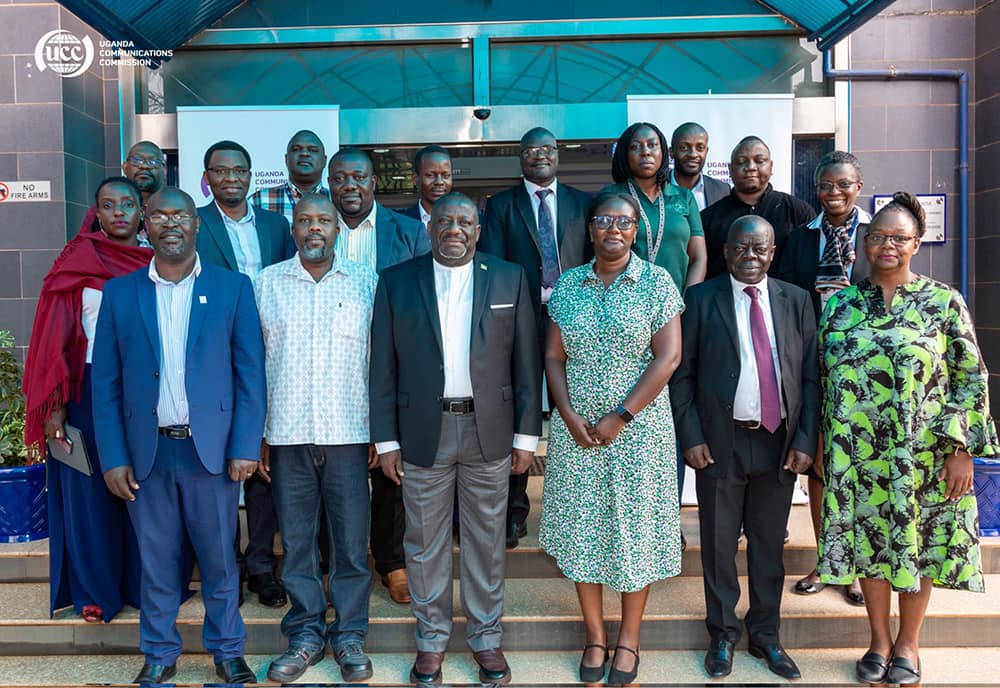New AI Task Force to Shape Uganda’s Tech Landscape
The Ugandan government has taken a significant step into the future by establishing a task force dedicated to artificial intelligence (AI). This rapidly evolving technology is reshaping industries worldwide, and Uganda is keen to position itself at the forefront of this digital revolution. Chaired by IT professional Michael Bamwesigye, the task force, a brainchild of the Uganda Communications Commission (UCC), is mandated to develop a comprehensive framework for AI’s integration into the country’s development agenda.
Leadership and Members
The AI task force, chaired by IT professional Michael Bamwesigye, comprises experts from the government’s communications sector regulator and academia. UCC’s Head of Multimedia, Meddy Kaggwa, and other prominent figures such as Prof. Jude Lubega, Dr. Drake Mirembe, and Dr. Joyce Nakatamba Nabende, are part of this team. The group’s diversity includes young professionals, reflecting a commitment to innovative and forward-thinking perspectives.
The team, composed of experts from the UCC and academia, is notably dominated by young individuals, a decision that has both garnered praise and sparked controversy. While the UCC emphasizes the importance of youth involvement in shaping the country’s technological future, a vocal segment of the younger generation has expressed disappointment with the task force’s composition.
Youth Concerns Over AI Task Force Representation
The announcement of the AI task force has ignited a passionate debate among Ugandan youth. Many have taken to social media to express their astonishment at the lack of representation from their age group. With an average age of members well above 45, critics argue that the task force may lack the necessary understanding of the digital landscape and the aspirations of the younger generation.
“Where are our young people?” questioned one social media user, echoing the sentiments of many. Another commented, “Guys are in their retirement ages and now they are the ones to head the newly developed technology as of recent… Like seriously, dudes are used to the other 1990 technology and they are now the ones calling themselves AI experts. Oh, my motherland.”


These criticisms highlight a broader issue of youth engagement in decision-making processes and the importance of intergenerational collaboration in addressing complex challenges.
The Promise and Peril of AI: A Call for Regulation
While the potential benefits of AI are immense, the technology also raises significant concerns. From job displacement to privacy breaches, the rapid advancement of AI has prompted calls for a regulatory framework to mitigate risks while maximizing opportunities.
Uganda, like many countries, finds itself at a crossroads. On the one hand, AI offers the potential to transform healthcare, agriculture, education, and other sectors. On the other, there are pressing questions about ensuring that AI is developed and deployed ethically and responsibly.
The UCC’s initiative to establish an AI task force is a step in the right direction. However, the success of this endeavour will depend on the task force’s ability to balance the need for innovation with the imperative of safeguarding the public interest.
As the world grapples with the complexities of AI, Uganda’s experience will be closely watched as a case study of how developing nations can harness the power of technology while protecting their citizens.







